Rex Clark and Oliver Lubrich are the editors of Cosmos and Colonialism and Transatlantic Echoes, two volumes that collect writings by and about Alexander von Humboldt – the first collection of its kind. Below, the editors discuss their enthusiasm for von Humboldt’s life and work, and its continued relevance in the 21st century.
__________________________________________________
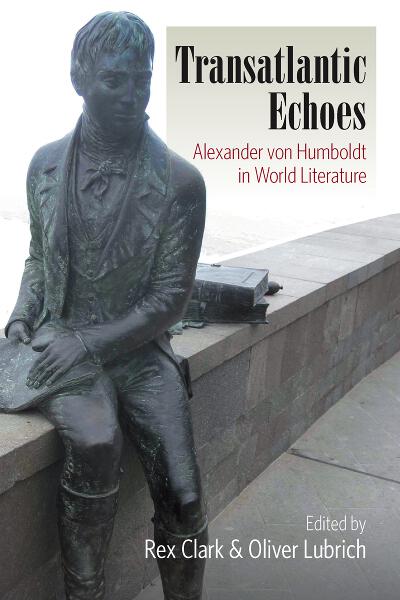 What drew you to the study of Alexander von Humboldt?
What drew you to the study of Alexander von Humboldt?
Humboldt was a fascinating character—explorer of South American tropics, extreme mountain climber in the Andes, darling of the salon society in Paris and Berlin, and a celebrity intellectual known around the world in his time. His vision of society and knowledge discovery was truly intercultural and multidisciplinary and throughout his long life he sparked controversy and attracted attention.
In our original discussions about the project we were struck by how scholarship and conference presentations seemed very isolated and split between English, Spanish, and German language topics and traditions of Humboldt research. We planned to bridge this with a volume of representative essays from around the world. In researching the background contexts we discovered a rich history of literary and critical responses to Humboldt. So then the project morphed and grew to become a cultural history of those responses. We were drawn to how Humboldt appeared in poetry and fiction from his day to the present and we collected the literary responses which became the 100 texts in Transatlantic Echoes. The philosophical discussions and critical works inspired by Humboldt became the 50 essays of Cosmos and Colonialism.
So our two volumes are not really focused on Humboldt per se, but rather on the works of authors who created their own stories and myths, their own theories and propaganda. A mash up of Humboldt’s life and works, if you will, imagined by other writers, crossing two centuries and mixing up genres and nationalities. Other media are there as well, films, plays, comics. And since many of these were originally published in other languages, we had those texts translated so we can present everything in English to our readers. For us it was a big adventure of discovery—to find texts, research authors and their context, and then make the selections. And then we had to get the translations done and deal with all the issues of editing and copyright permissions, that was the part of the journey where we could identify with some of the hardships of Humboldt’s travels.
Continue reading “Meet the Editors – Rex Clark and Oliver Lubrich” →
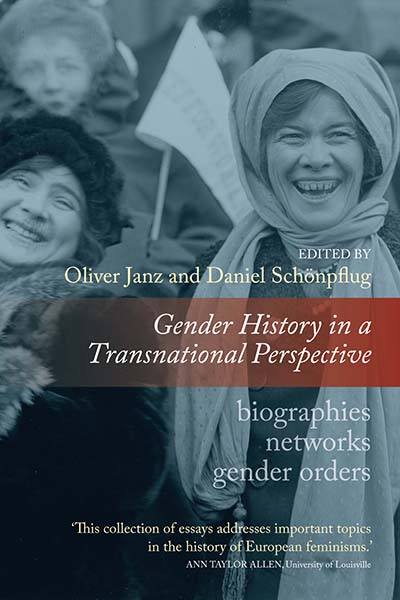



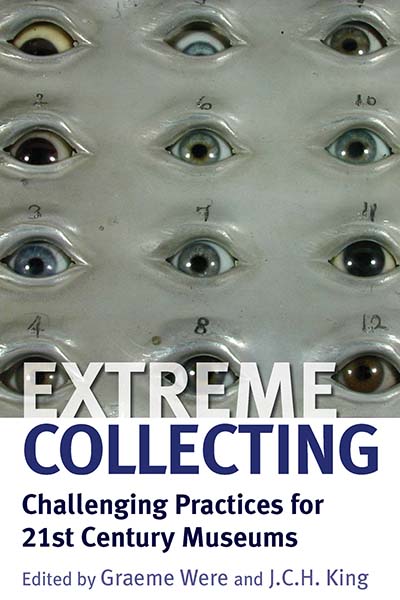 EXTREME COLLECTING
EXTREME COLLECTING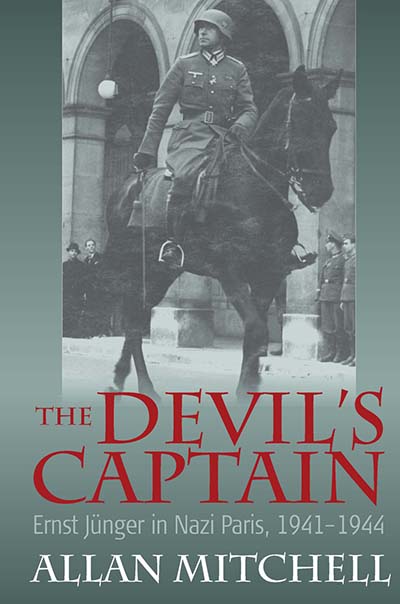
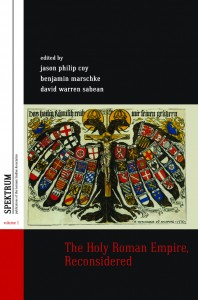
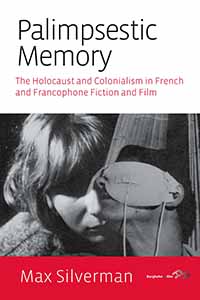
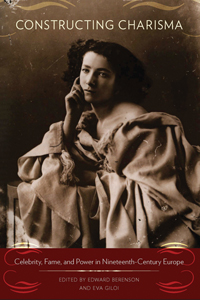
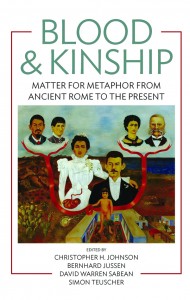
 What drew you to the study of Alexander von Humboldt?
What drew you to the study of Alexander von Humboldt?